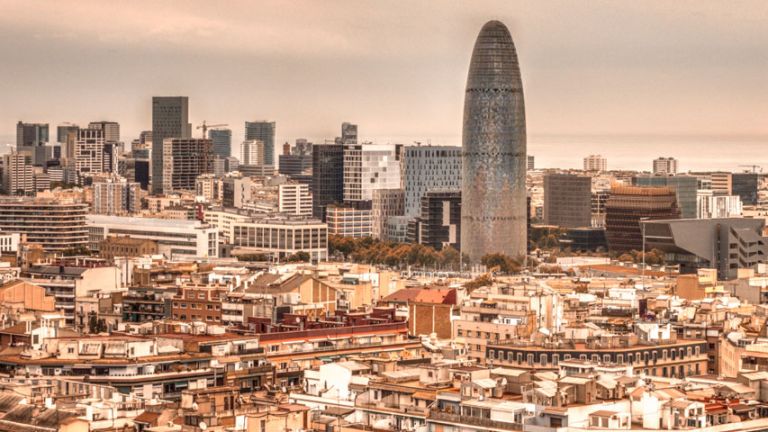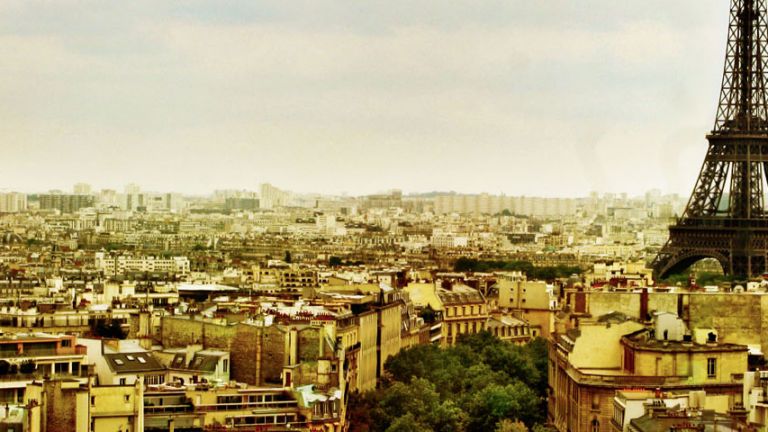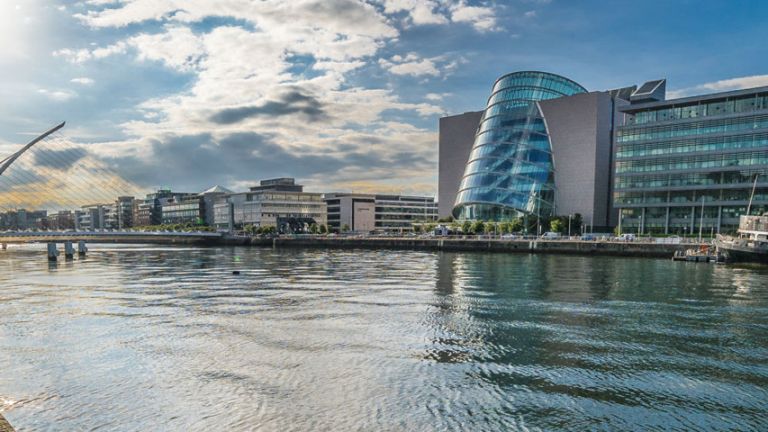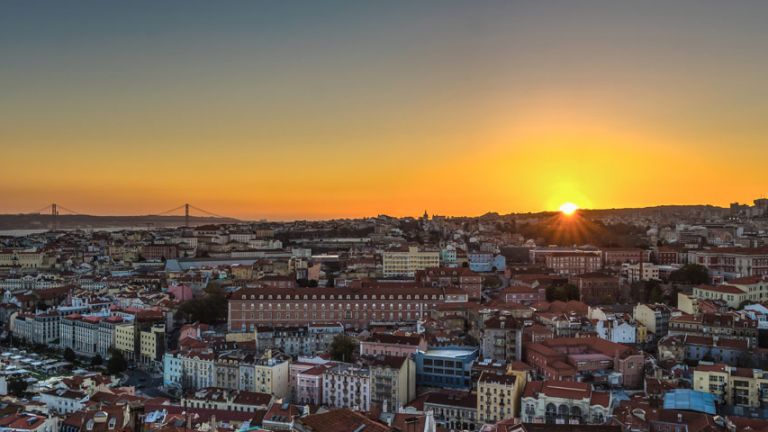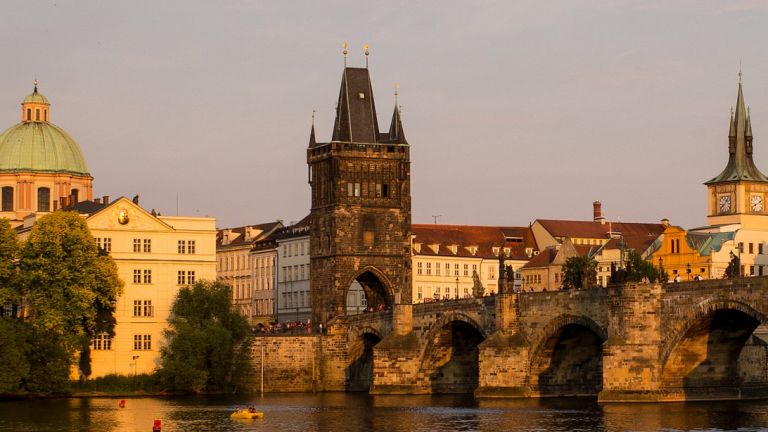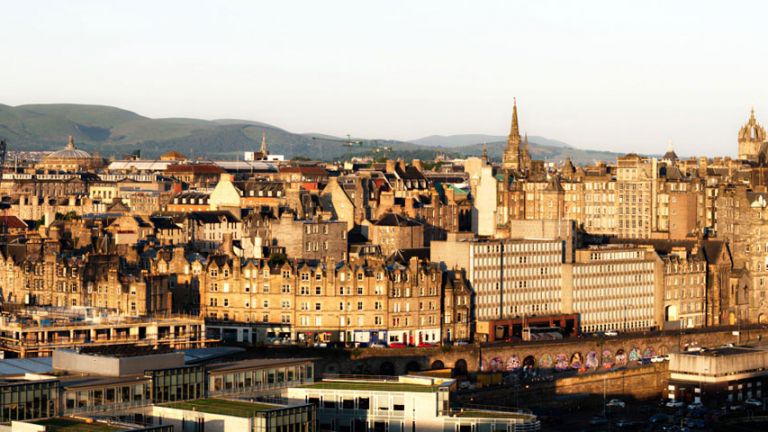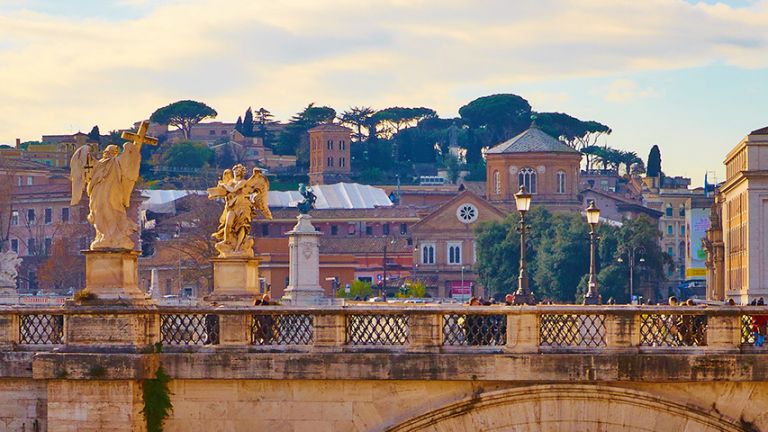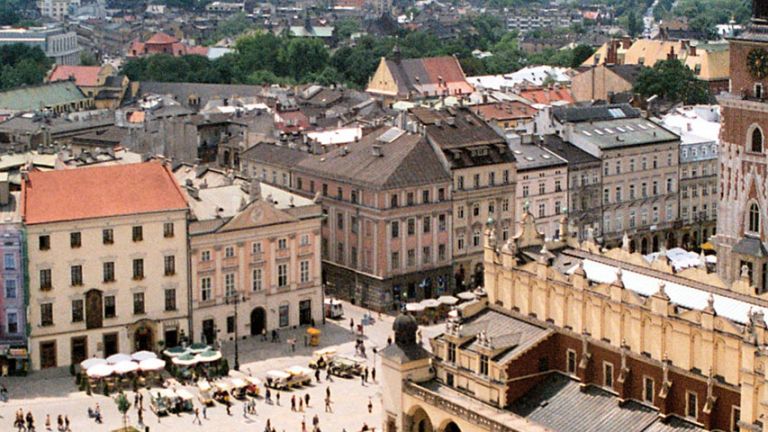Quick guide to Cork, Ireland Currency: Euro
About
Known to some as the ‘second city of Ireland’, Cork is located in County Cork in South-West Ireland. A one-time maritime port, the city remains vibrant and cosmopolitan. It is built on the small islands which formed in the centre of the River Lee, which reaches the sea via Cork Harbour, and is traversed by no fewer than twenty-two bridges.
Cork is characterised by a mix of ancient winding streets, elegant Georgian avenues and striking modern architecture. The Lonely Planet Guide names it as one of its favourite cities in the world and it was the European Capital of Culture in 2005.
Weather
Temperatures in Cork rarely fall below freezing in winter and the top temperature in high summer is usually around 20 °C (60 °F). Mild conditions mean that snow is a rare occurrence and snow which settles on the ground is even rarer.
The city gets plenty of rainfall so an umbrella might come in handy, although Cork is also one of the sunniest cities in the country and sees most sunshine in June and July. In July 2013 Cork had its most sun-drenched month since records began with a total of 265 hours of recorded sunshine.

Getting Around
Cork Airport is one of the three main airports in Ireland and is located around four miles (6.5 km) outside of the city centre. The city is well connected by train and Kent Station runs services to rest of the country, with a train to Dublin every hour.
The centre of town is very pedestrian-friendly and there are also city buses (numbered 201-219). A public bicycle system set-up in late 2014 offers bike rental from docking stations across the city to those who subscribe to the scheme. It is possible for visitors to the city to sign up for a three day subscription.
Shopping
Large retailers such as Marks & Spencers, Debenhams, and River Island are located on Cork's main shopping street - Patrick Street. Oliver Plunket Street and French Church Street, both located off Patrick Street are home to smaller boutique and niche clothing stores. hopping centers such as Mahon Point, Douglas Court, and Wilton are located approximately 10 minutes' drive outside of the city. The renowed English Market, located on Grand Parade, hosts dozens of award winning food stalls and attracts visitors from all around the World.
Hotels in Cork
There are many bed and breakfasts, hotels and hostels in Cork with plenty of three and four star establishments to choose from. The River Lee Hotel is a popular choice. As the name suggests, this modern building is located next to the river and opens out onto a dining terrace which overlooks the water.
The Hayfield Manor Hotel is a five star boutique hotel situated on Perrott Avenue. With its central location, opulent restaurant and spa this hotel is one of the most luxurious in the city and offers a welcoming and friendly atmosphere.
Eating
Cork’s English Market, named so that residents could tell it apart from the nearby Irish Market, is both a national treasure and a tourist destination. Housed in an imposing Victorian building, the market sells the best meat, fish and cheese you can buy in the city alongside artisan coffee and takeaway lunches.
Cork restaurants are known for their use of the highest quality fresh produce and many of them obtain their ingredients here. Local dishes to try are ‘drisheen’ (Irish black pudding) and, if you’re feeling brave, ‘crubeens’ (deep fried pigs’ feet).

Nightlife
Cork is a city of music where you can enjoy everything from acoustic sessions in cozy pubs to large concerts at the spectacularly modernised Cork Opera House. The Sin É pub, which set up shop in 1889, has been playing traditional music once a week for the past fifty years.
There are many live music venues but Cyprus Avenue is one of the best and attracts a wide range of performers. You are guaranteed a good night at the City Limits Comedy Club which becomes a nightclub later in the evening.
Festivals
Cork wasn’t named the European Capital of Culture for nothing and boasts twenty-four festivals every year, ranging from the literary to the musical. The St. Patrick’s Festival takes place in March and entails a host of events from live music to street entertainers, culminating in the Cork Parade.
The Cork Jazz Festival, which began in 1978, is held annually in October and is the biggest jazz event in the whole of Ireland. It attracts over 40,000 fans from across the world and previous performers include Ella Fitzgerald and Dizzy Gillespie.
